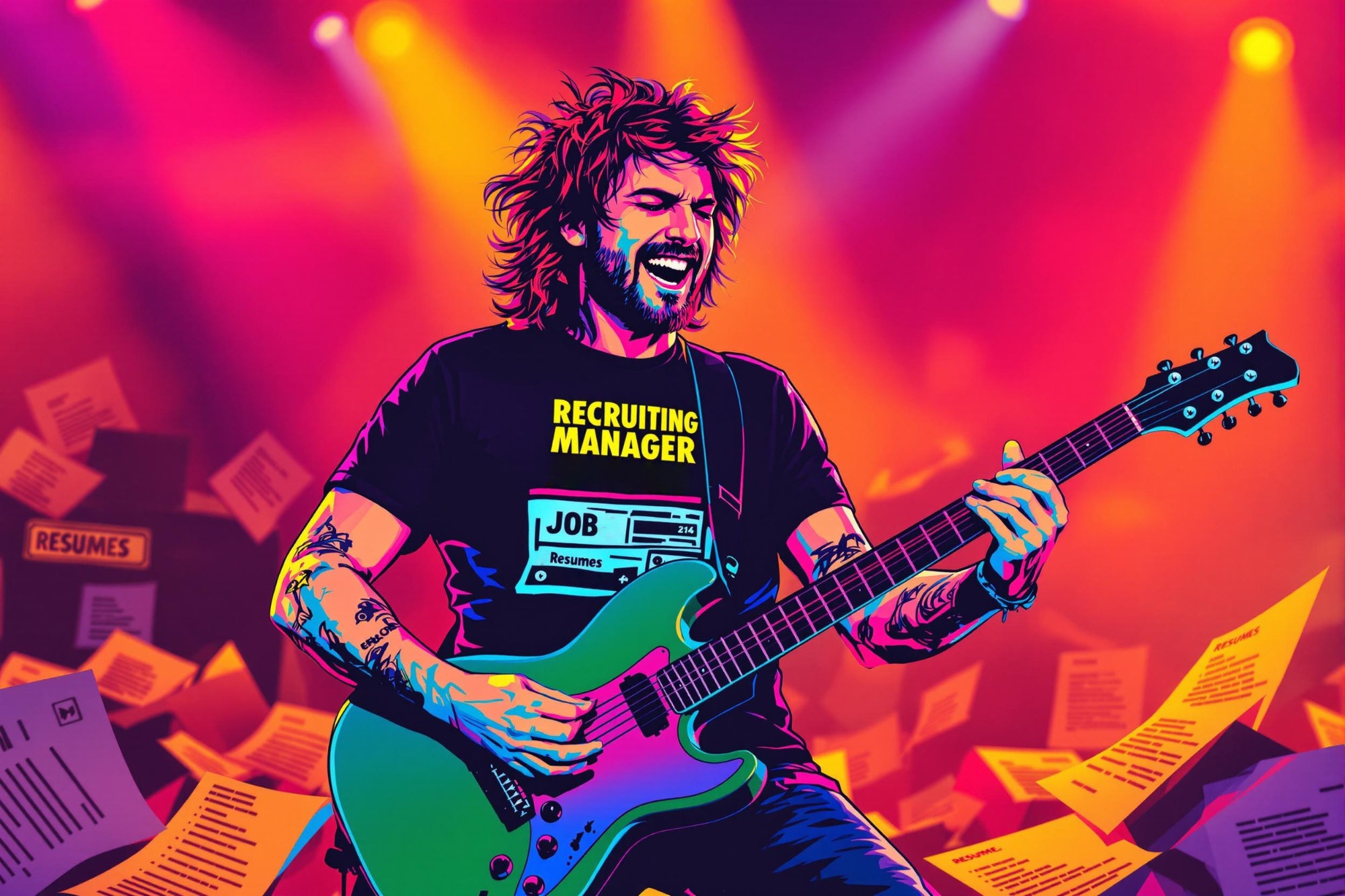
Click Track
A click track is a timing guide used in theater and live performances to help performers and technicians stay synchronized. It's like a musical metronome that plays through headphones, often including pre-recorded cues, beats, or tempo markers. Sound designers and engineers use click tracks to ensure that live performers, sound effects, lighting, and other technical elements happen at exactly the right moment during a show. Think of it as an invisible conductor that keeps everyone on time, especially important in complex productions where timing is crucial.
Examples in Resumes
Created Click Track systems for Broadway-style musical productions
Programmed Click Track and sound cues for national touring shows
Designed and operated Click Track solutions for live concert performances
Synchronized lighting and effects using Click Tracks and Click Track systems
Typical job title: "Sound Engineers"
Also try searching for:
Where to Find Sound Engineers
Professional Organizations
Online Communities
Job Resources
Example Interview Questions
Senior Level Questions
Q: How would you design a click track system for a complex musical with multiple scene changes and technical cues?
Expected Answer: A senior candidate should explain the process of analyzing the script/score, coordinating with different departments, creating backup systems, and managing both manual and automated cues. They should mention ways to train performers and crew members on using the system.
Q: What's your approach to troubleshooting click track synchronization issues during a live performance?
Expected Answer: Should discuss backup systems, quick problem-solving strategies, communication protocols with the team, and preventive measures they put in place before shows to avoid such issues.
Mid Level Questions
Q: How do you ensure performers can hear their click track clearly while maintaining proper sound levels for the audience?
Expected Answer: Should explain methods for setting up separate monitor mixes, managing in-ear systems, and balancing sound levels between click tracks and live performance elements.
Q: What software and hardware do you typically use for click track implementation?
Expected Answer: Should be able to discuss common show control systems, audio interfaces, and methods for distributing click tracks to multiple performers/technicians.
Junior Level Questions
Q: What is a click track and why is it important in theatrical productions?
Expected Answer: Should be able to explain that a click track is a timing guide used to keep performers and technical elements synchronized, and why this is crucial for smooth show operation.
Q: How do you prepare a basic click track for a simple musical number?
Expected Answer: Should demonstrate understanding of tempo, basic rhythm, and how to create simple click patterns that match the music's timing needs.
Experience Level Indicators
Junior (0-2 years)
- Basic click track operation
- Understanding of musical timing
- Simple audio equipment setup
- Basic sound system knowledge
Mid (2-5 years)
- Click track programming
- Show control system operation
- Performer monitoring setup
- Troubleshooting during shows
Senior (5+ years)
- Complex show design
- System architecture planning
- Team coordination
- Emergency backup implementation
Red Flags to Watch For
- No understanding of basic musical timing
- Lack of live performance experience
- Unable to explain basic click track setup
- No knowledge of common show control systems
- Poor communication skills with performers
Need more hiring wisdom? Check these out...

A Beginner's Guide to Implementing an Applicant Tracking System

Automated Scorecards in ATS Systems: Your Secret Weapon for Smarter Hiring Decisions

When Job Ads Dance: Why Your Next Hire Might Come From a 20-Second TikTok

